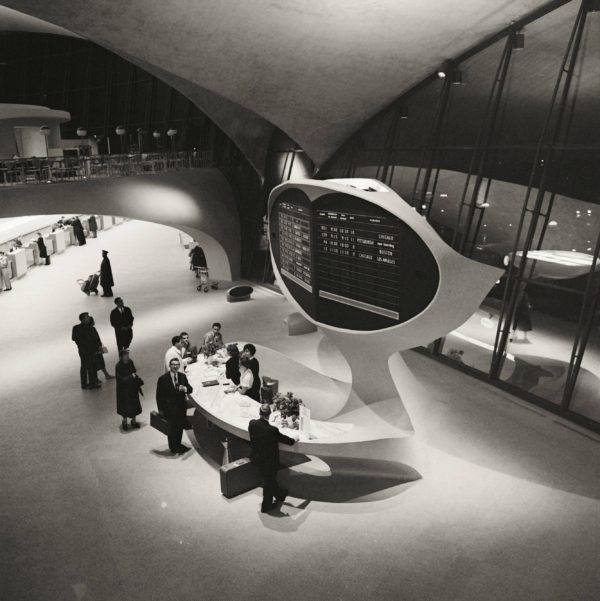Why We Need Three Castes
Once we accept human inequality, we see that people have different abilities and character. This realization is the greatest taboo of our time, because it means that some are born to rule and others to serve, and many fine grades in between.
This is perhaps most disturbing for those who are smart enough to be effective but lack depth of intelligence sufficient to make them perceptive, especially about long-term results, which requires a mind that can see dozens of moves into the future and anticipate glitches, challenges and complexities.
Usually referred to as the “bourgeoisie” by Leftists, the group from the upper half of the middle class through the wealthy tends to be of this mindset. They are good at something that makes money, and possibly even management, but probably not leadership which is a more amorphous role that deals with many indeterminate factors. That ability falls to a relatively small group at the top of the intelligence and character hierarchy.
We know that people can be highly talented and still be bad at organizing their own lives or groups of people. It is no surprise that celebrities — actors, entertainers, athletes — tend to have chaotic personal lives. But even great novelists, computer programmers, architects and business leaders often have fractured lives and disorganized families.
At the same time, these people are clearly above the groups below them, the lower half of the middle class and the working class. Neither group can manage money very well, but most from the working class live from paycheck to paycheck and have no savings to speak of. When they do have money, it is spent. The lower half of middle class similarly leaks money through a pursuit of pleasures it cannot really afford.
Then again the bourgeois seem to spend their disposable income, which they carefully set aside from the rest, on a number of silly things as well. These are the “keeping up with the Joneses” people who chase after faddish and trendy items of no practical value, like Apple computers, lomography cameras, quinoa eclairs and swarovski crystal keyrings. While this does not cause them financial problems, it can have a negative impact on what is available in stores as manufacturers and retailers chase the latest trends.
Also on the bourgeois front is the relative misery of their family lives. While the worker and lower middle class tend to crush themselves with alcoholism and out-of-wedlock births, the upper half of the middle class shatters itself with divorce, workaholism and the personal alienation that comes from treating family as employees, or people needing to be managed and kept reminded of their lower status.
Even the most talented of these people have a tendency to crash their own businesses, bungle management, or get involved in pointless legal or economic activity. They are very good when pointed in a direction and given clear parameters, but when parameters or purpose become unclear, chaotic behavior results, and the more intelligent they are, the more neurotic and defensive it is.
Leadership requires a different mentality. The bourgeois, lower middle class and working classes operate in response to stimulus, such as the presence of economic opportunity. Leadership requires finding a direction instead that will lead to good things, including economic opportunity. Leadership creates the foundation for what others can do, and must point toward long-term goals of health, sanity and stability.
The people capable of leadership are thus most likely out of place in any other role. Their goal is not to find and exploit existing opportunity, but to create the conditions so that it might arise. Their ability lies not in working within known parameters, but in adapting to reality itself and then maximizing that adaptation through qualitative improvement.
In this way, we see the need for the three classes: leaders (1%), managers (9%) and workers (90%). This division forms the basis of social order in that each person operates within a role where his talents and character are rewarded, but he is not subject to making decisions outside of that envelope of competence.
The modern quest for “equality” has obliterated these distinctions, and the results are correspondingly disorganized. Those who lead are reacting to current conditions, instead of opening a path toward the future, and so society has become inward-looking and competitive on the basis of commerce alone. Rejecting modernity involves reversing this inverted condition.
Tags: ability, caste, caste systems, social order










